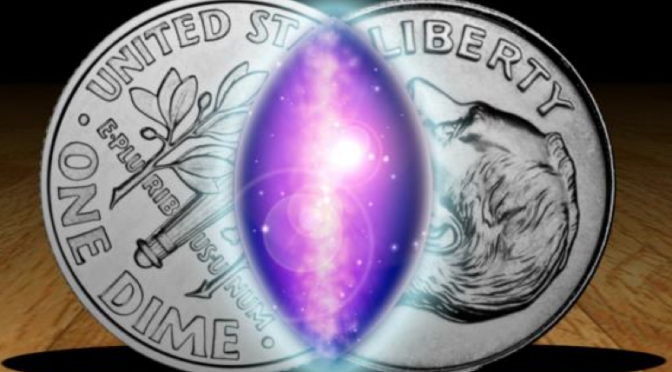Do words have the meaning, or the meaning have the words?
Language is what we use to share ideas, concepts, make things together, communicate etc.. Its a fundemental part of our society, any society.
But what if our very concept of language or communication has been flipped, is misunderstood, gotten lost?
Maybe its why out society is the way it is.
Consider a word, sandwich for example. What does it mean?
Two squish something in between to other things, right? We could get more specific if we wanted to, something between two slices of bread…
Sandwich? Duh?
But wait, where does the word come from? Sandwich? How did it come to be? Why does it mean squishing things? Why does it mean something between two pieces of bread? Or any other specific example?
How about from John Montagu, the 4th Earl of Sandwich?
Hmm, ok, what the hell does that have to do with something being squished?
I’m so glad you asked. Because thats what’s missing in todays world, people asking questions. Asking questions about words, about meaning, about why something is the way it is.
You see, the Earl of Sandwich was fond of playing cards, cribbage if memory serves. He liked it so much he did it often, even while eating meals.
But the sloppy meats enjoyed by nobles of that period left his fingers dirty and often required two hands eat.
Having to set down your cards at every bite and then dirtying the cards with greasy sloppy fingers just wouldn’t do for a nobleman.
So Sandwich beset his servants for a solution, and so was coined the squishing of meat betwixed bread. Though not the first nor the last to enjoy something tucked between something akin to bread, his name to the affectation stands.
Im sure there are a bunch of scientists studying this idea of words and meaning.. or something similar… Somewhere.
But for everyone’s and everything’s sake shouldn’t this studying, this thought, be a part of every day life?
You see, what is as significant about the word sandwich representing the squishing of something… Is that it also demonstrates the human desire to emulate the perceived rich and powerful.
I will have it as “Sandwich” does. While it is a perfectly practical practice, why is it named after sandwhich?
Surely someone well before the Earl of Sandwich thought to gather a bite of porridge with a chunk of stale cracker, or wrap a hot mutton leg straight from the fire in a flat bread?
But then why is it called Sandwich rather than something else?
When we ask questions like this we have the opportunity to discover the motivations behind our own actions, why we do things.
When we know why we do things because ‘we know’, because you know, I know; The language barrier with words like ‘want’ and ‘desire’ starts to break down. Why do I want it? Why do I desire it?
When we see the truth behind our words they are no longer a barrier but can be used to create.
Does the word have the meaning?
Or do you give the meaning to the word?
As you will,
rk

